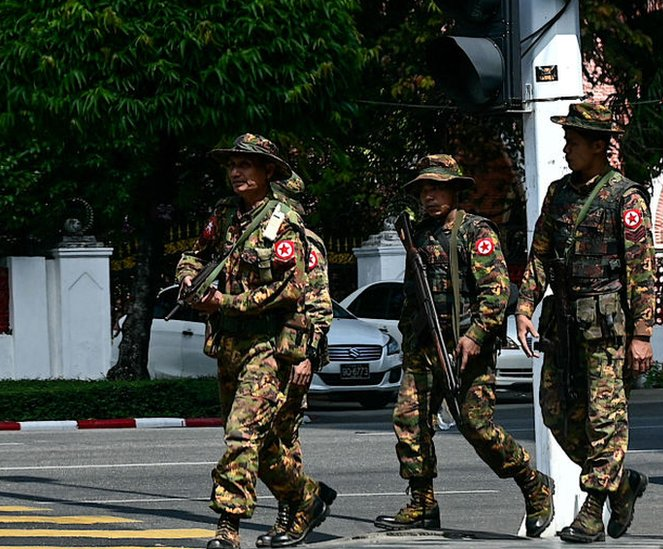Forced conscription takes place in many countries. But forced conscription — the practice of requiring individuals to serve in the military against their will — has significant negative impacts on both the individuals being conscripted and the overall effectiveness of the military force, including physical and psychological harm to individuals who are not prepared for military service and increased levels of corruption within military institutions, leading to concerns. According to multiple sources, many countries in Asia, Africa and other continents including, but not limited to, Singapore, Israel, North Korea, Norway, Ivory Coast Switzerland and Myanmar legally authorize conscription. While some countries have forced conscription policies, others have voluntary conscription practices and/or alternative service options.
It is notable that there are diverse reasons for forced conscription, which has been going on for centuries, in different countries. The need for a strong national defense and the necessity of protecting national sovereignty from any foreign aggression are definitely crucial reasons for forced conscription in many countries. Additionally, an insufficient number of volunteers, the historical traditions of conscription, civil wars and international conflicts are responsible for the forced conscription many times. For instance, Russia and Ukraine have adopted forced conscription tactics to fight in the international war, while Myanmar is doing so to fight several rebel groups within the country. Among others, political instability, economic and social unrest and supporting international alliances sometimes lead to conscription in different countries.
There are definitely pros and cons of conscription. It reflects national solidarity in the time of need, ensures steady supplies of force in the military during wars and fosters a sense of nationalism and patriotism. Additionally, conscription provides valuable training and discipline for young individuals who may not have considered a military career otherwise. But mandatory conscription, which violates the IV Geneva Convention, is a violation of individual freedoms and rights and has the potential for abuse by those in power. Among others, mandatory conscription leads to a decrease in morale and effectiveness among troops who may not be fully committed to their duties. Consequently, forced conscription is discouraged in many countries.
Governments and international organizations have taken legal, promotional and other steps to address forced conscription and the concerns associated with it. Different countries including Germany, the Czech Republic, the United Kingdom, Ecuador and Poland have abolished conscription altogether. Additionally, international organizations including the United Nations are working to combat such rights violations and have established mechanisms to monitor and report on the compliance of countries with international standards regarding forced conscription. Among others, there are advocacy efforts by international organizations to raise awareness about it. Diverse steps have definitely increased awareness of the issue, improved monitoring mechanisms and established different programs to support the victims of forced conscription.
But there are flaws in addressing conscription in many countries. There is a lack of transparency in the selection process, inadequate training for those who are conscripted and limited access to mental health resources. Among others, there is a lack of oversight and accountability in monitoring the treatment of conscripted individuals as well as insufficient support for those who choose to conscientiously object to forced conscription. Consequently, forced conscription, which often leads to widespread dissatisfaction among citizens and decreased trust in the government’s ability to protect their rights and well-being, continues to be a major issue in many countries — leading to the exploitation and abuse of individuals.
It is definitely desired that steps be strengthened to address forced conscription. For this, the abolition of forced conscription is desired. Conscription needs to be made voluntary, even if it may be needed many times. Also, promoting and implementing policies that provide alternative forms of national service for those who may not be in favor of mandatory military service and providing support and resources are vital steps for many countries. Among others, increased collaboration and dialogue with different stakeholders including human rights organizations can also help ensure that the concerns with the conscription are addressed in a transparent and inclusive manner.

